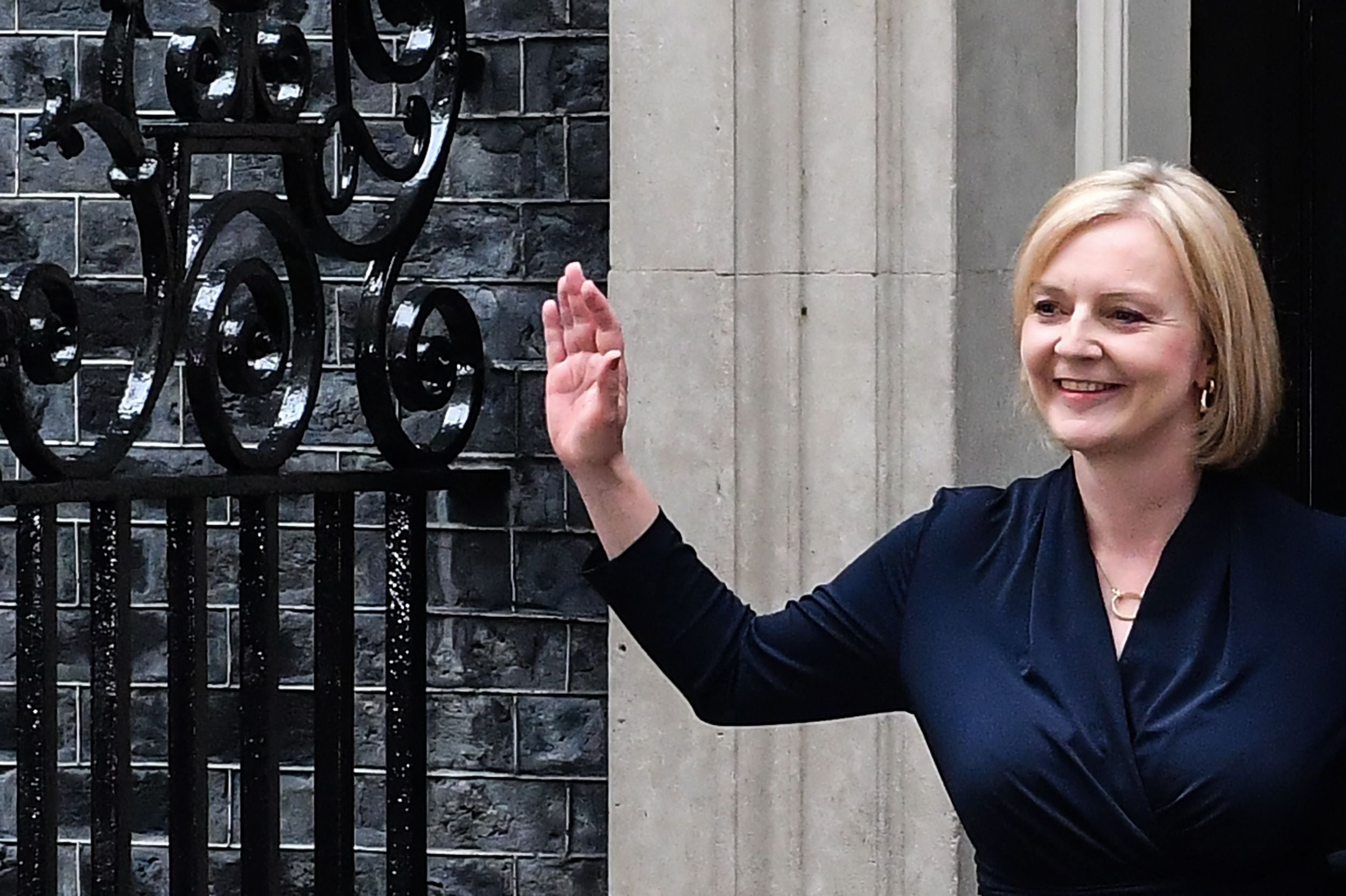The Lees Trust has faced opposition from Jacob Rees-Mogg's business unit over plans to ban solar power from much of England's farmland.
Prime Minister Ranil Jayawardena and the Environment Secretary want to block the sun from 41 percent of England's land, or 58 percent of agricultural land, the Guardian reported earlier this week.
But business secretary Rees-Mogg believes it is "conservative" to tell farmers what they can and cannot do on their land. Climate Secretary Graham Stewart said on Wednesday he would talk to Defra about the plans because more land-based solar would be needed to meet renewable energy targets.
Rees-Mogg, who has previously opposed "climate alarmism", is convinced of the importance of increasing renewable energy.
He also announced new policies, including relaxing solar rules for businesses and helping homeowners install panels on their homes.
In the article, he said he was not a "green energy skeptic" and added that his administration would provide "unprecedented support" for renewables. Rees-Mogg called coal mines and oil platforms "dark satanic mills" and vowed to replace them with wind farms.
On solar, he added, "With upfront costs for solar installations, permitted development rights in commercial areas and design performance standards, we are designing to support low-cost financing for homeowners to further encourage small-scale solar installations." Renewable energy, including photovoltaic solar power, in new homes and buildings.
Stewart told Parliament's Environment Scrutiny Committee on Wednesday that he and Rees-Moggey's Department for Business, Energy and Industrial Strategy oppose the ban.
He said he would speak to Defra about his department's plans.
"We are working closely with Defra and the UK's energy security strategy is expected to increase solar power by a factor of 5," he said. "Clearly, we need significant advances on the ground and in the air to achieve this ambition.
The rebellion came as Truss criticized cabinet ministers for commenting on his unpopular policies, including talk that he was considering paying benefits rather than linking them to inflation.
A Truss spokeswoman confirmed on Monday that plans to ban solar on farmland were going ahead. Despite this Financial Times analysis, the UK would lose £20bn of investment this way and critics say it would undermine the growth agenda.
Asked about the Guardian report, a Truss spokesman told reporters: "I can go back to what the Prime Minister said, I think at the beginning of September, she said she didn't think we should put solar panels on productive agriculture. Of course, the issue of energy security, we are dealing with a food security issue, so we have to get the balance right.
The prime minister has always had a personal dislike of ground-based solar power and claimed that solar panels would harm food security when he was environment minister. He dismissed the panels as a "tool" during his leadership campaign this summer, adding: "As far as I'm concerned, we're not going to lose our prime farmland to solar farms."
The trust is understood to have the support of Jayawardena, who has to submit plans to change the agricultural land allocation system to the res-mog divisional and departmental level for approval.
They asked authorities to increase the "best and most versatile" (BMV) land for agriculture from the medium category to the low category 3B, which is what most new solar projects are built on. The soil ranges from 1 to 5 and currently covers BMV classes 1 to 3a. Planning guidance states that development on BMV land should be avoided, although planning authorities take other considerations into account.
Rees-Mogg's possible comments on renewable energy may come as a surprise to green supporters worried about her past comments on climate.
Last month, Britain must buy every cubic inch of gas from the North Sea, he told agency officials, according to a video released. At the time, critics accused the business secretary of "putting her ideology before the climate" and "greening fossil fuels" over renewable energy.
He was also a proponent of fracking, whose leaked emails indicated he was trying to investigate new energy projects, including those using the controversial method. Sources close to the business secretary explained that they want to rapidly build all forms of energy, including renewables and fracking.
The letter to officials, seen by the Guardian, said the parliamentary law would not be subject to judicial review and could be used to fast-track new projects.
Rees-Mogg said he "enjoys" fracking in his back garden and called opponents of shale gas development "Luddites" and "socialists".



